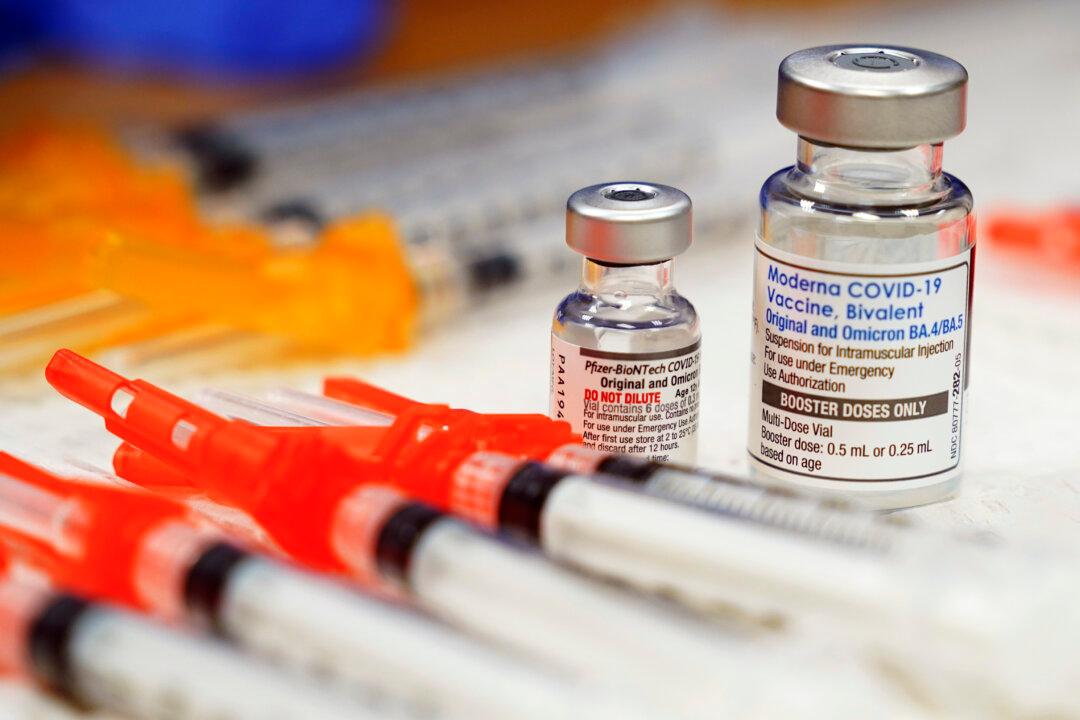Moderna is moving to the late stage trial of its COVID-influenza combination vaccine following positive results in preliminary trials, the company said, even as the brand’s COVID-19 vaccine raised multiple concerns about safety.
A combination vaccine is a mixture of individual vaccines. The mixing is done prior to administering it so that multiple vaccines can be delivered to the individual in a single injection. Moderna’s preliminary phase 1 and 2 trials of its mRNA-1083 combination vaccine against influenza and COVID-19 produced “positive interim results,” the company said in an Oct. 4 press release.





